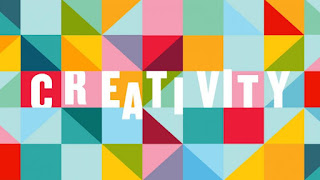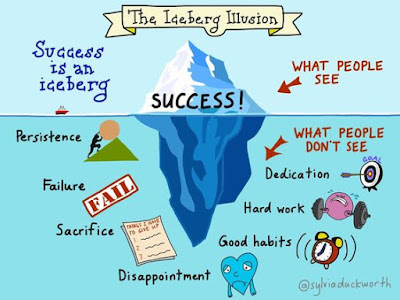Week 10 Story Lab: TED Talks
There were two Ted Talks available to watch for this assignment. Below are my notes. The title for the TedTalks should also be a link to the video to watch.
A New Theory of Human Intelligence: Scott Barry Kaufman
This talk critiques how intelligence is perceived in the education system. Some individuals are intelligent, but not able to succeed or reach their full potential with the current system because of test-taking or social skills. Kaufman suggests using the '4 C's' system as a better approach to intelligence. They are: Capacity, Competence, Commitment, and Creativity. Part of the reason his story is so compelling is his own history. Kaufman describes his experiences of being held back due to a standardized test but ended up earning a PhD from Yale. Clearly, the test wasn't an accurate representation of his intelligence in terms of perseverance or knowledge. I completely agree that we need to redefine intelligence because everyone has their own strengths/weaknesses. I think a large barrier in pursuing education is this intimidating notion of what "intelligence" is and being able to fit it.
Copy Right is Brain Damage Nina Paley
Nina Paley was the creator of "Sita Sings the Blues", one of the videos used in this class. The gist of her (controversial) talk is about how copyrighting limits art. She relates to her own legal problems by using copyrighting music in that movie. During this, she realized these copyright laws don't generate much profit for the artist while simultaneously preventing its consumption by the public. Similarly, artists are scared of copyright when creating their work, so it is a limiting factor for them. The title stems from comparing copyrighting to "lack of transmission via neurons".
While I can not completely agree, I understand Paley is coming from. How many musicians "leak" their music? I've often thought it was to build anticipation and toy with people's curiosity. I never even thought about the legality behind it- it is a way to promote without breaking these rules. Art is an expression, but in order to be consumed, it has to be appealing. Society is constantly changing so art has to keep up. Taking old art and revamping it is a way to remain relevant. This is where the ethics of copyright become complicated. I think copyright laws are not created to necessarily help the artist earn more money (as Paley critiques), but to protect other groups from monetizing on plagiarized work. I think revamping old art is great, even necessary to stay relevant, but with due diligence i.e. giving credit and royalties where it is due. If people followed mentality, copyright laws wouldn't exist. But I see from the broader sense what Paley was getting at, to be more open-minded about the larger picture.
(I selected this image as this seems to be a focus in both the TED Talks. Image can be sourced here.)




Comments
Post a Comment